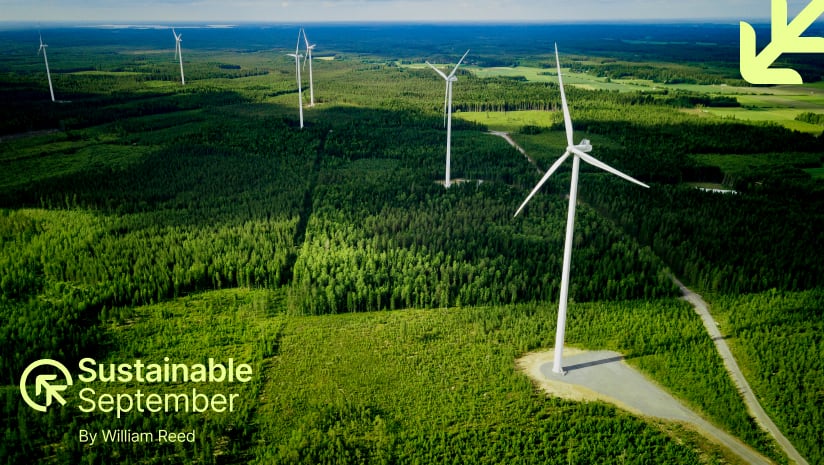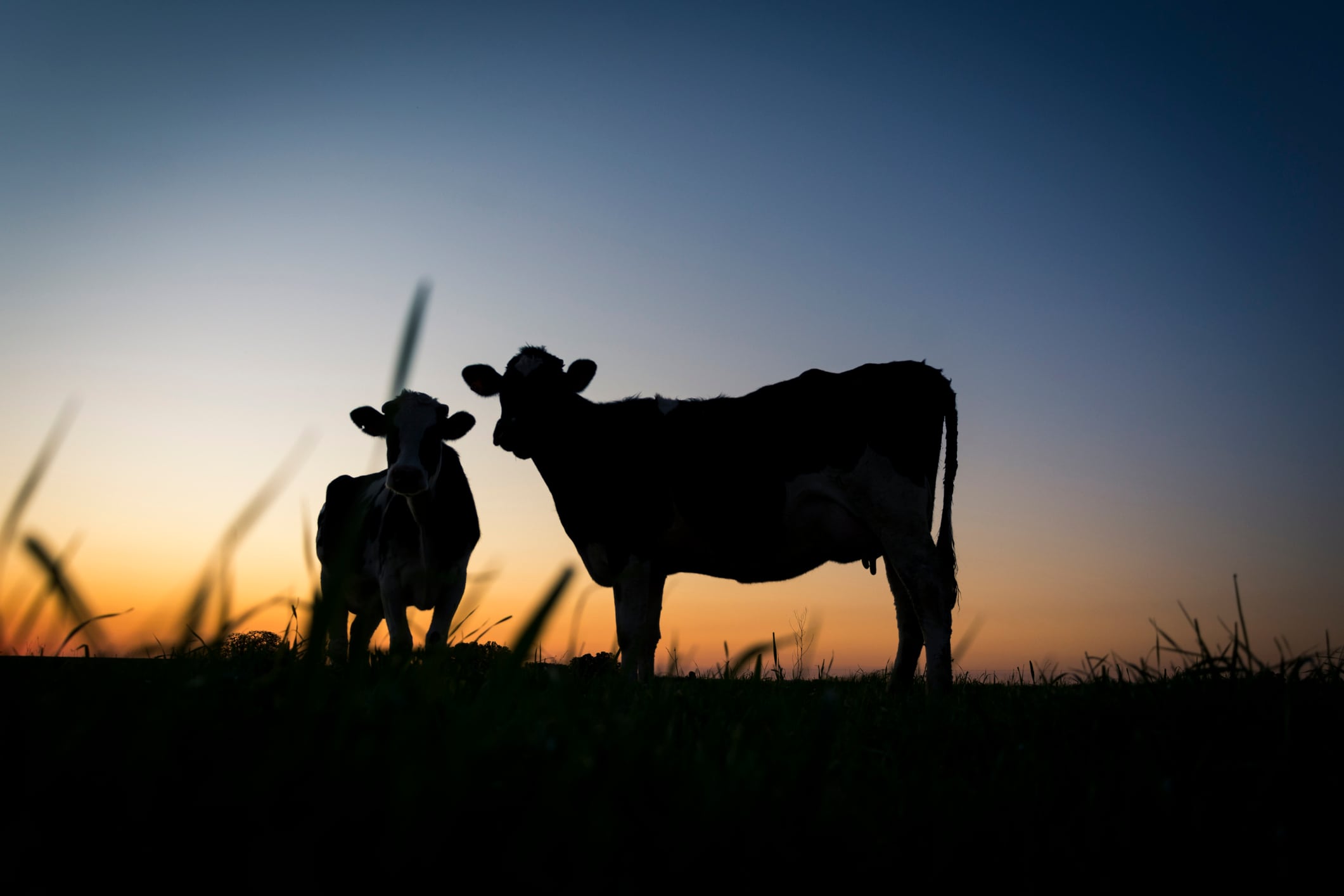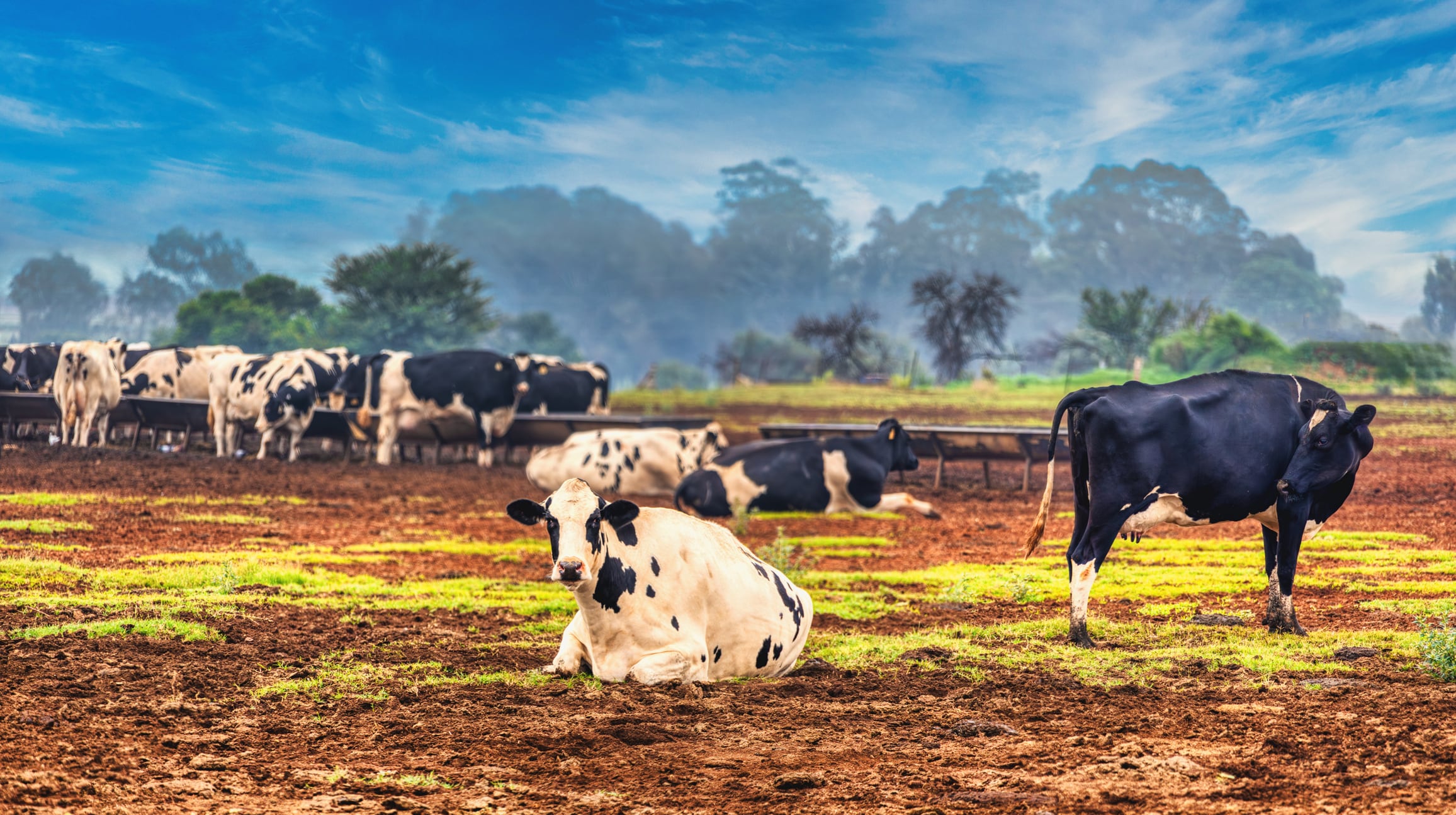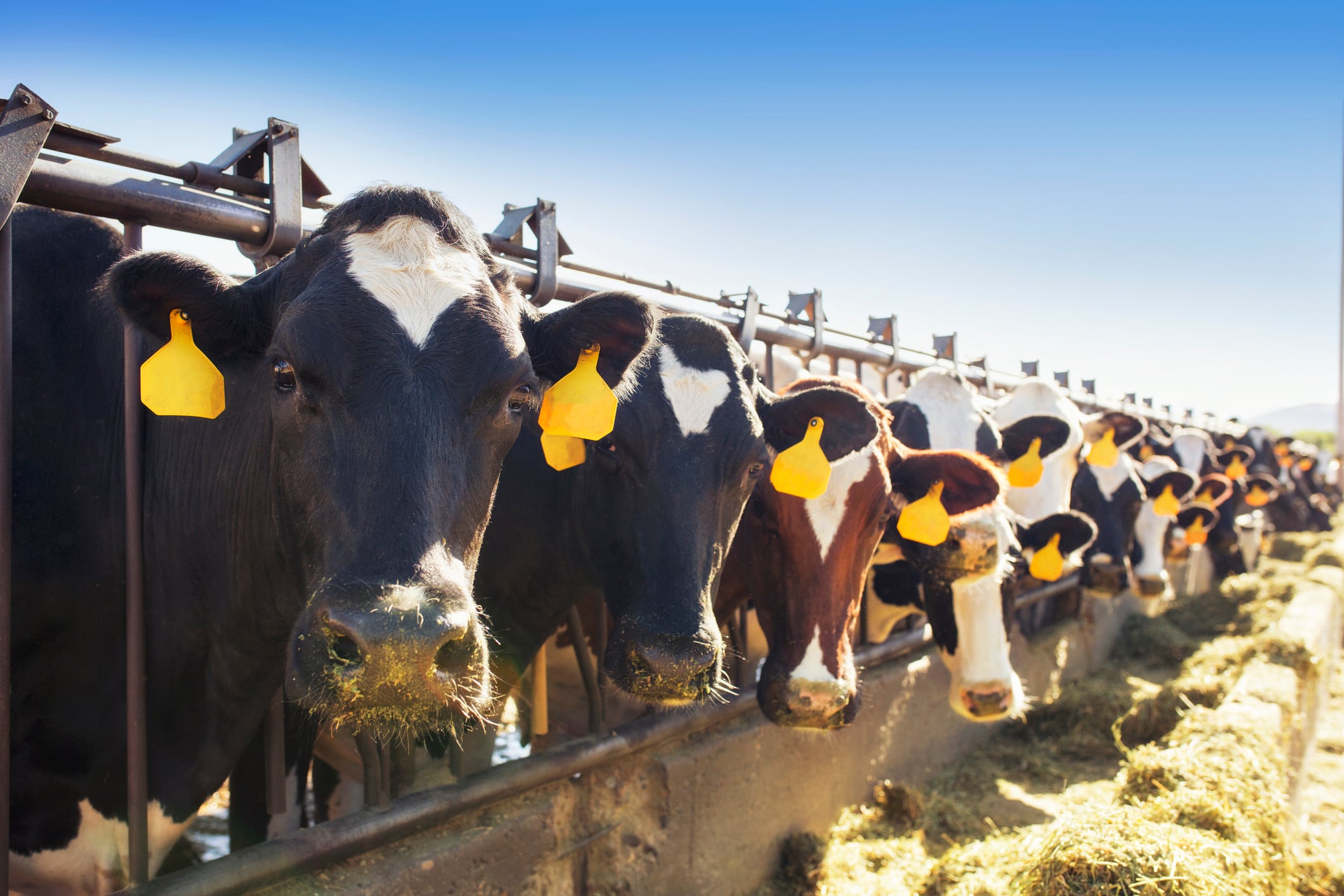Key takeaways
- Nestlé is addressing supply chain disruptions in Africa through local sourcing, supplier development, and digital tools.
- Danone emphasizes local supply chain resilience by supporting milk collection infrastructure and expanding supplier partnerships in Africa.
- Global trade uncertainties and climate change pose challenges, yet Africa’s dairy industry holds potential for investment due to rising demographics and changing dietary preferences.
- Investment in processing and cold-chain infrastructure is crucial for Africa’s dairy sector, with external funding needed to support development.
Local sourcing and digitalization are helping African dairy processors and manufacturers manage supply chain disruptions despite rising input and logistics costs.
With global investment flowing into the continent’s dairy processing and manufacturers adopting artificial intelligence and decarbonizing their operations, the focus has shifted to bolstering the sustainability and resilience of current supply chains.
We spoke to representatives from Nestlé and Danone among others to find out how dairy majors support and safeguard their supply chains through innovation and a focus on local sourcing.
Nestlé leans on tech ‘in challenging conditions’
For Nestlé, “supply chain disruptions are a reality” in Africa, the company told us. But the firm is addressing these hurdles “through local sourcing, supplier development, and digital tools”, such as advanced replenishment solutions.
“These have improved delivery speed and reduced human error, helping us maintain service levels even in challenging conditions,” Conny Sethaelo, corporate affairs director for Nestlé East and Southern Africa region, told us.
With operations across a wide range of African countries, Nestlé processes milk into dairy products and also manufacturers breakfast cereal among other products. The food major sees “immense potential for dairy growth in Southern Africa” through scaling up regenerative practices and through empowerment of young agripreneurs.
There are also opportunities to expand exports from key regional manufacturing hubs, such as South Africa and Zimbabwe – though currently, the company had not suffered any significant impacts due to imports and exports from Africa.
“Imports and exports are continuing to flow, including access to production inputs,” explained Sethaelo. “Obviously, any disruptions to international logistics, for example due to geopolitical tensions, is felt through higher cost of inputs.”
In addition, Nestlé is having to deal with climate change challenges that impact farmers and disrupt supply chains through increased costs due to shifts in production areas.
In some markets, “adherence to higher compliance and standards on food safety” and “increased volatility in prices of raw inputs such as feed, and energy supply” are key considerations from a supply chain perspective, given the imperatives across dairy sector to maintain cold chains, we learned.
Climate Smart Food: Understanding climate risks
Want to know more about how the food and beverage industry can futureproof itself against climate change? Check out FoodNavigator's Climate Smart Food broadcast series.
Taking place September 9, 16 & 2 3, Climate Smart Food is a free webinar series designed to inform food and beverage manufacturers about how to tackle climate risk with real-world strategies: from smart farming and resilient ingredients to low-impact packaging and emissions reduction. Viewers will hear from industry leaders and innovators from organizations like Nestlé, ING Bank and Heineken UK.
Climate Smart Food will also be available on demand if you are unable to join on the day - but make sure you register for free to gain access.
Danone’s local supply might
Another large dairy processor, Danone – with operations in Tunisia, Egypt, Morocco and Algeria – pivots on strong interconnections and linkages with more than 200,000 farmers.
To strengthen these local dairy ecosystems, Danone was actively supporting the establishment and professionalization of milk collection infrastructure, helping farmers secure reliable market access, it said.
“Resilience of our supply chains is a key priority for us and especially in Africa. Our focuses are on localization, duplication, contingency, back-up plans as well as dynamic management of safety stock to mitigate the risks,” Alexandra Pecoux, a spokesperson for Danone, told us.
The company was committed to “further strengthening its local sourcing footprint and expanding supplier partnerships” across its African operations, she added.
In Ghana, Danone-owned company FanMilk has expressed its commitment to increasing the integration of local businesses into its supply chain, emphasizing the importance of sourcing raw materials and services from within the country to support economic sustainability.
Global turbulence worries food majors
Despite putting in the work to safeguard supply chains in Africa, trade and tariff uncertainties continue to put pressure on supply chains globally.
In its Q2 FY2025 report, Mondelēz International flagged the impact of climate change on our supply chain and operations. The company said geopolitical uncertainty, including the impact of ongoing or new developments in Ukraine and the Middle East, related current and future sanctions imposed by governments and other authorities, could have related impacts on business operations.
But despite ongoing concerns, there’s plenty of potential in Africa. Paul Makube, senior agricultural economist for the commercial division of South African lender FNB, told us Africa’s milk production and consumption is still way below the global average of approximately 5% and 35 litres per capita per year.
But given the continent’s rising demographic growth, increasing urbanization, and changing dietary preferences, the region has “significant investment potential” to boost the industry to an estimated value of $14.36bn by 2028.
“Processing and cold-chain distribution infrastructure is also poorly developed, requiring huge investment that can only be sourced externally in most cases,” Makube told us.
The investment flow into Africa’s dairy sector enables milk processors to ensure they have sustainable supply chains, with Zimbabwean processor Dairibord Holdings saying it is prioritizing enhancement of ‘sustainable production practices through reduced energy and water usage and empowering small-scale farmers who are integral’ to its supply chain.
“Cost reduction remains a strategic priority, with comprehensive measures underway to minimize expenditures. Furthermore, securing a stable, low-cost raw milk supply through robust out-grower support programs is essential for maintaining competitive advantage,” says the company.

We want to hear what you think! Take our short, anonymous sustainability survey - and we'll make a donation to Farm Africa
Is the food and drink industry doing enough when it comes to sustainability? Where are the causes for celebration - and what are the challenges and concerns?
We want to know what you think! This short, anonymous poll will take just a couple of minutes to complete: yet your thoughts will help us take a global pulse check of what matters most as we look to shape a more sustainable future for the F&B industry.
And for every survey completed, we'll make a donation to Farm Africa: a charity that reduces poverty in eastern Africa by helping farmers grow more, sell more and protect the environment for years to come (up to a maximum amount).




